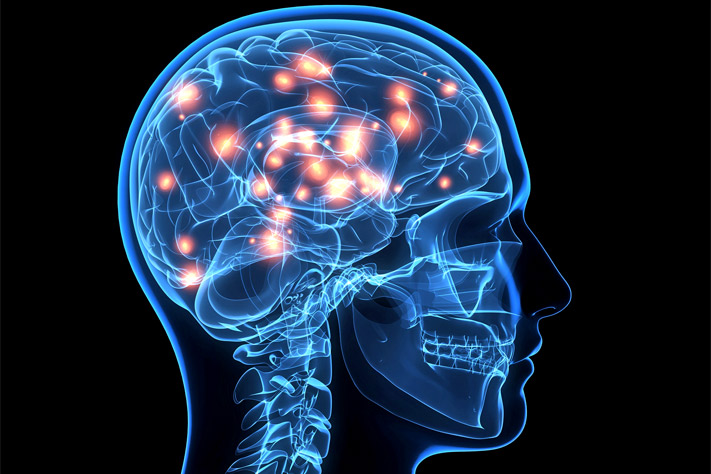Brain TB In Telangana - What You Should know

Brain TB or TBM is caused by a Mycobacterium Tuberculosis infection of the brain. The membranes in the central nervous system are infected by viral and fungal strains. If it’s not treated properly, TBM can lead to permanent loss of vision, loss of limb function, seizures and even death.
More than 500 cases of brain tuberculosis have been reported in Telangana in 2016 according to a survey carried out by Helping Hand Foundation, a non-government organisation.
Gandhi Hospital, Osmania General Hospital and other Govt. hospitals at the tertiary level participated in the 11-month survey along with private hospitals in the city.
According to the World Health Organization, nearly 3 million cases of tuberculosis per are reported each year in India.
Dr Afshan Jabeen, Additional Professor of Neurology at Nizam’s Institute of Medical Sciences, who is a part of the field study, explained, “Drug resistance is the biggest challenge seen in TB patients. In such cases, patients don’t respond to the first and second levels of antibiotic treatment, and have to be put on the third and the highest levels. This becomes very difficult for the patient, who has to cope with numerous side-effects.”
Many physicians fail to diagnose brain TB cases during the early stages due to non-recognition of symptoms. Initially, the patient suffers with fever, stiff neck, headache, altered sensorium, drowsiness and seizures in some cases. Newer diagnostic methods like molecular tests and other genexpert TB tests must be carried out to confirm the disease.
Dr B Ranga Reddy, President of the Infection Control Academy of India, explained, “It’s high time that the government works towards reducing the unnecessary usage of antibiotics in agriculture and livestock. Such usage has been found to affect the potency of antibiotics. Disease complications are becoming severe due to resistance.”

 Disclaimer: Welthi.com does not guarantee any specific results as a result of the procedures mentioned here, and the results may vary from person to person.
Disclaimer: Welthi.com does not guarantee any specific results as a result of the procedures mentioned here, and the results may vary from person to person.









